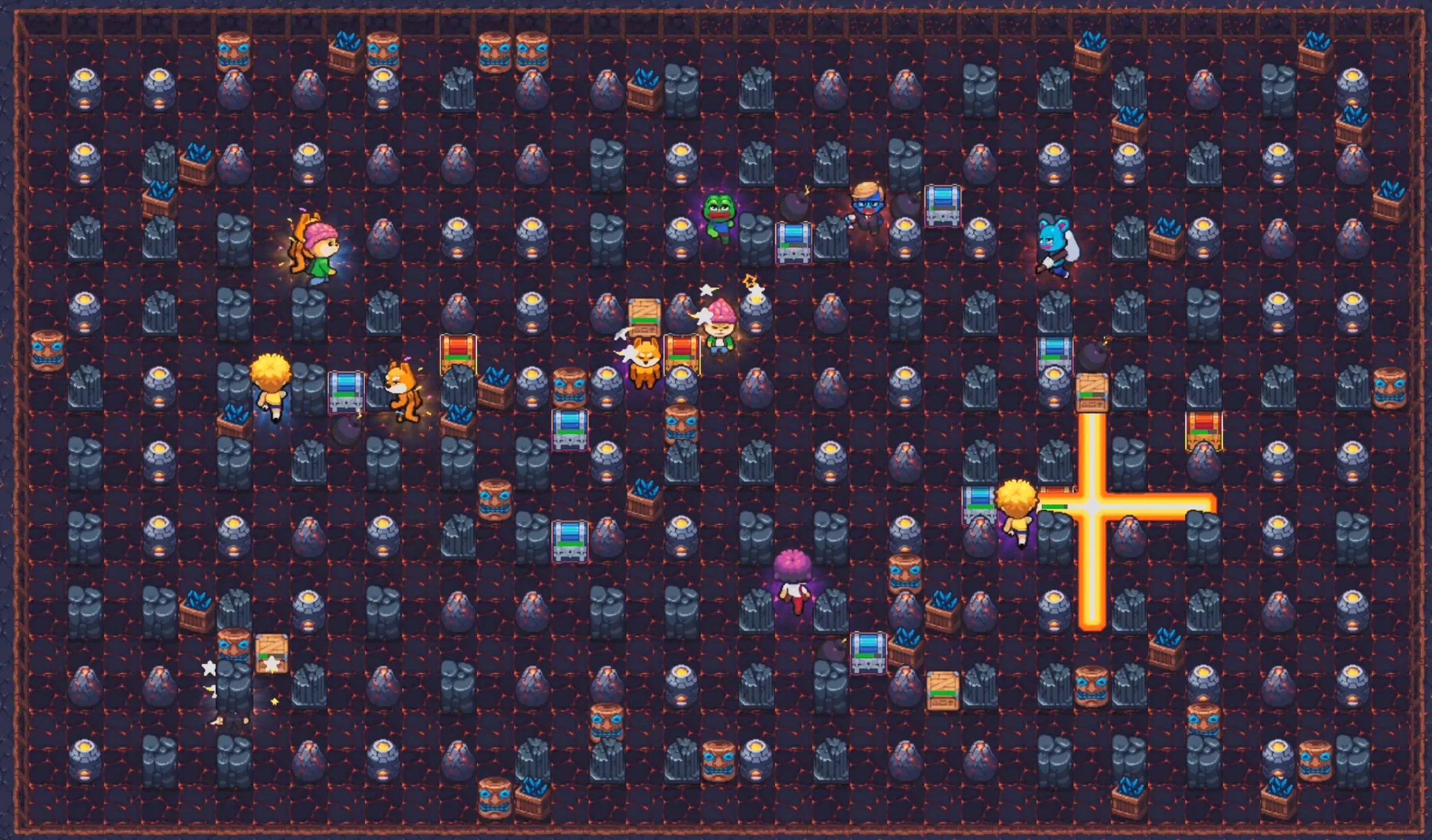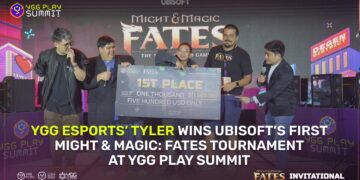The team behind Blast’Em a Web3 game inspired by classic Bomberman, has accused Abstract Chain of playing favorites and penalizing builders who don’t follow unwritten expectations. In a detailed post shared by the game’s account, developers outlined a series of private conversations with Abstract staff that started with enthusiastic support and ended in a quiet reversal, a withdrawn endorsement, and the spread of scam allegations.
According to the post, things began on a positive note. The team applied to Abstract’s Builder program, took several calls with team members, and received a public retweet and follows from the main Abstract account. Screenshots of internal chats show encouragement from Abstract Ecosystem Lead Raj Patel and others, including a suggestion that the team shift from a token presale to a card pack model. Blast’Em said they accepted that feedback and made the pivot.

Support turns to scrutiny over game design
Tensions reportedly started to build when Abstract raised concerns about game architecture. Blast’Em maintains that key functions like deposits and withdrawals were always designed to be on-chain. They say they were penalized for choosing to keep gameplay logic off-chain, which they argue is a standard practice in Web3 gaming. Even after offering multiple audits and external dev support, Abstract declined to move forward with backing the project.
Complications deepened when the team’s relationship with certain KOLs came into play. One of them, Kickz, reportedly stopped responding after being paid and later told others the Blast’Em devs could not be trusted. The team claims Kickz got this information directly from Abstract staff. Abstract denied any leaks in public channels, but according to DMs shared by the team, Raj privately admitted to having shared concerns with Kickz.
After Abstract pulled its support, Blast’Em published a post clarifying that it would move forward without any official partnership. The post gained visibility and triggered broader questions about how ecosystem support is granted. Soon after, Phin, a member of the Abstract Chain team, made a vague post implying that teams not followed by Abstract had likely misrepresented their affiliation. When asked directly, Phin denied the post was about Blast’Em but declined to correct the public impression.
The team argues that this approach helped fuel a narrative without facts and allowed internal contradictions to persist. They say the bigger issue is not technical scrutiny, but the way a small group within Abstract controls visibility and credibility based on informal preferences and affiliations.
A second voice echoes the same frustration
Shortly after the Blast’Em post gained traction, Inhuman — a well-known Web3 player who previously clashed with Off The Grid over unpaid tournament winnings echoed similar frustrations. In a post of his own, he said Abstract staff had advised others not to work with him and described the chain’s gatekeepers as “nerds with no stake in our space.”
That earlier incident with Off The Grid, a cyberpunk shooter backed by Gunzilla Games, also exposed serious gaps in transparency, with over $400,000 in prize money allegedly withheld before being paid out under pressure. Read our full report on that case here.
No formal standards have been published that explain how Abstract Chain evaluates, supports, or removes projects. Without that transparency, it remains unclear whether Abstract is enforcing technical discipline or simply enforcing loyalty.
As of now, Abstract has not addressed the allegations directly. Blast’Em developers say they are continuing with their plans, launching a card pack sale, and open sourcing their code ahead of the game’s release.
The public fallout has brought to light deeper questions around access, power, and control in web3 game ecosystems and who gets to decide which projects belong.







